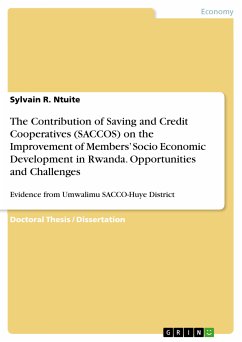Essay from the year 2003 in the subject Business economics - Accounting and Taxes, grade: 1,8 (A-), Oxford Brookes University (Business School), course: International Financial Accounting, language: English, abstract: “Accounting is not a science: It has been developed to serve a purpose”. A statement that might be controversially discussed nowadays since the collapse of the socialism, growing globalisation and the convergence of international financial markets have forced national accounting systems to change during the last decades. This paper will examine the validity of this statement in particular on the example of the recent development in Poland. First it will briefly introduce the social and economic environment in Poland under socialism, its transition to a market economy and the current situation and future prospects. Second, the economic and social development of Poland will be related to changes in the polish system of accounting and financial reporting. A short view on the development of the accounting profession will be given. Finally, a conclusion will compare the given statement with the polish situation and give proof for its validity. After World War II Poland introduced a planned economy urged by the Russian paradigm. Private property was restricted to agriculture, manufacturing and few business services. In the late 70th Poland went into serious economic struggles emerging from a high level of public debt from reinforcing the industrial sector. Poland had to face sustainable inflation problems which finally lead to the breakdown of the communistic regime (Roberts et al, 1998b). It was replaced by a coalition government under leadership of the trade union movement „Solidarnosc“ in 1989. [...]
Bitte wählen Sie Ihr Anliegen aus.
Rechnungen
Retourenschein anfordern
Bestellstatus
Storno









